Since the pandemic started, I’ve seen a lot of speculation about how airline route networks will change. When it comes to this, the most common speculation that I’ve seen is “well I bet airlines will operate more nonstop flights, because people don’t want to connect.”
Is there any merit to that? Here’s my take…
In this post:
What a travel recovery will look like
I think it’s pretty apparent at this point that a travel recovery is going to take quite a while. At this point IATA is predicting that short haul travel will recover by 2023, and long haul travel will recover by 2024.
There’s no magic formula there, but rather that’s speculation on IATA’s part, and there are so many things that could impact that timeline, both positively and negatively.
I think at this point there are a couple of key things we know about a recovery:
- Short haul travel is recovering before long haul travel (both because people want to minimize their travel time, and also because long haul travel typically involves more complicated entry restrictions)
- Leisure travel, and in particular VFR (“visiting friends & relatives”) travel, is recovering before business travel
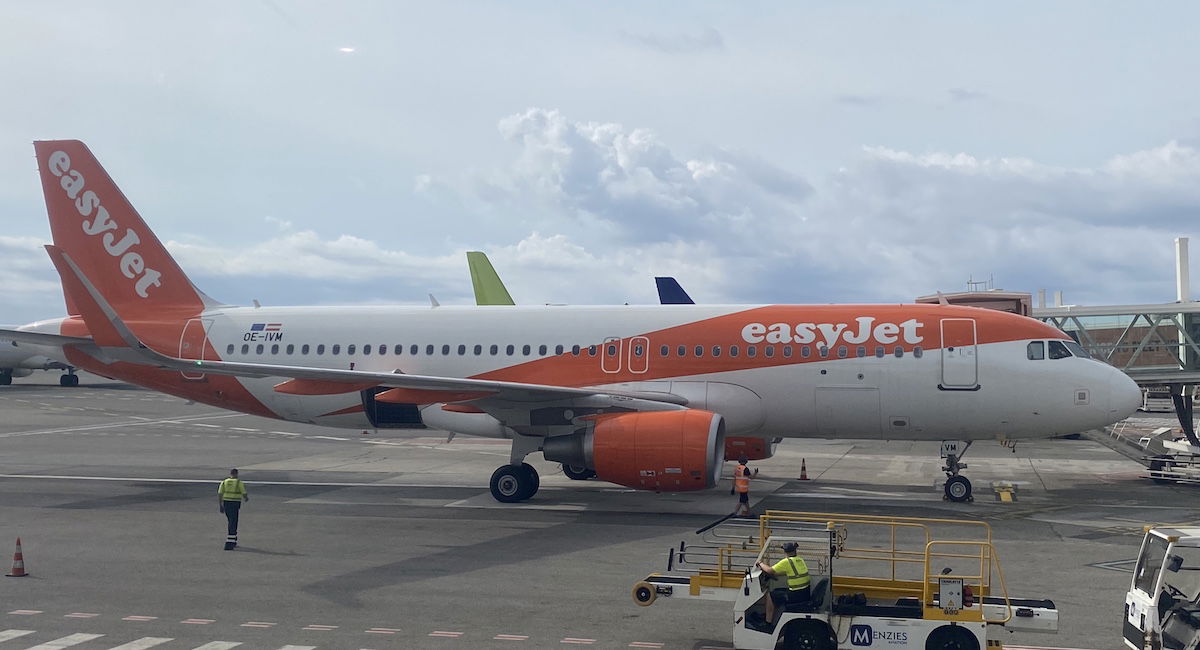 Short haul leisure travel is the first to recover
Short haul leisure travel is the first to recover
What does all of this mean for nonstop flights & hubs?
People seem to have strong opinions on both sides here:
- Some people believe we’ll see fewer nonstop flights, because demand is way down, meaning everyone will have to be funneled through hubs
- Some people believe we’ll see more nonstop flights, as people increasingly value the convenience and peace of mind of not having to connect
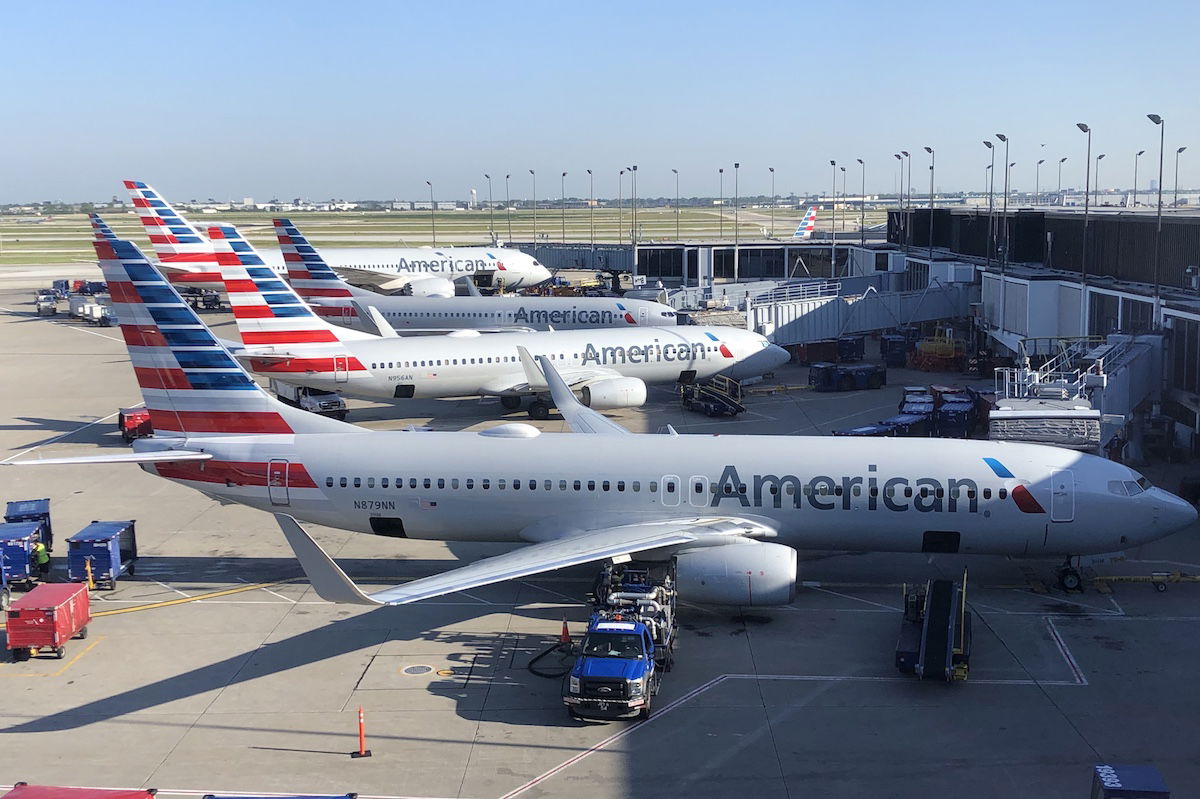 How will coronavirus impact hub airports?
How will coronavirus impact hub airports?
I think the truth is somewhere in the middle…
We’ll see more nonstop short haul flights
In the next few years I think we’re going to see a lot more nonstop flights, but primarily short haul and in leisure markets:
- We’re already seeing airlines do this; look at JetBlue’s leisure expansion, Alaska’s Florida expansion, and United’s Florida expansion
- Leisure routes don’t require the same frequencies as business routes, but rather it’s only about a few well timed frequencies, and therefore the planes are easier to fill
- Leisure travelers may not be willing to pay a huge premium for a nonstop flight, though with enough demand the economics of nonstop flights are better than with funneling people through hubs
So yeah, I’m optimistic about point-to-point leisure routes, even in markets where you otherwise would have never expected to see service. Ultimately airlines utilize their planes best they can. In the past an airline may have never considered a route that’s basically breakeven, while at this point that probably seems like a real winner.
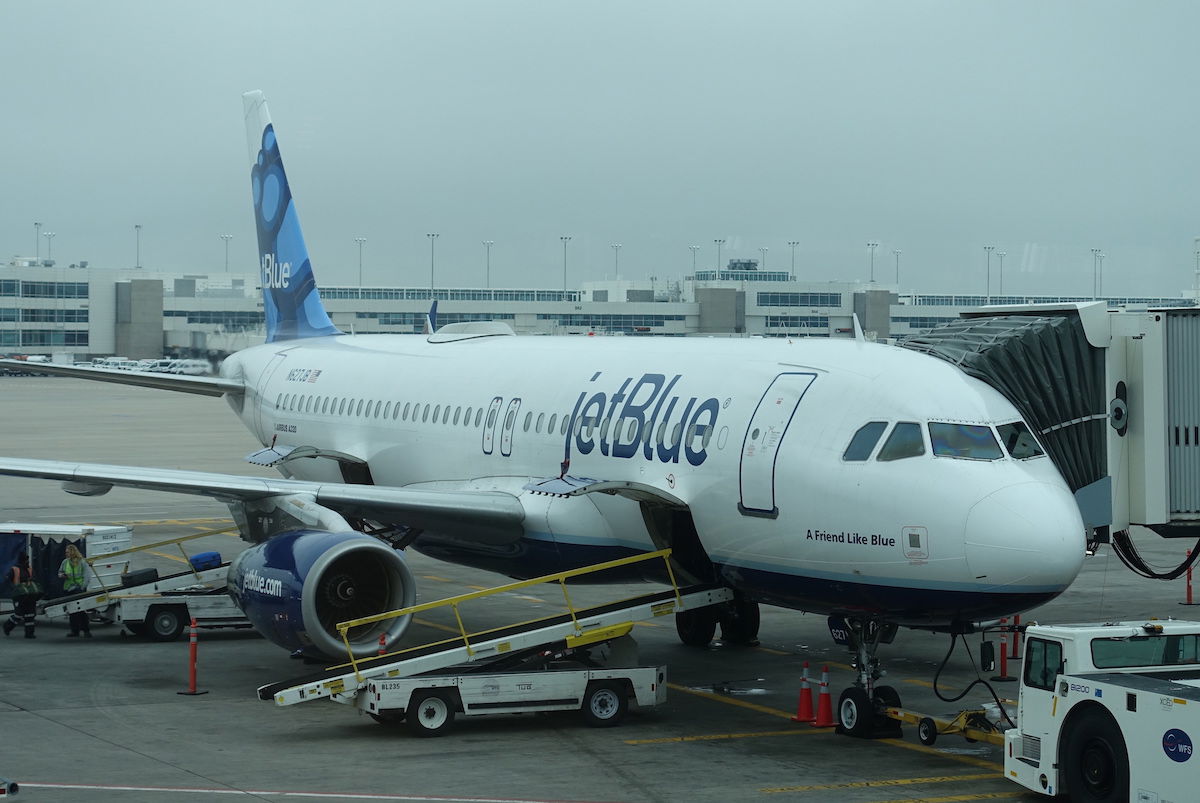 Expect more nonstop short haul leisure routes
Expect more nonstop short haul leisure routes
We’ll see fewer nonstop long haul flights
Unfortunately it’s not all good news when it comes to nonstop flights. Over the years we’ve seen an incredible number of ultra long haul nonstop flights introduced. This has been thanks to a couple of factors:
- We’re seeing lower capacity, longer range, and more fuel efficient aircraft, like the 787, which make many new routes economical
- Business travel has by all accounts been rather robust the past several years
For example, as I wrote about earlier this year, nine of the 15 longest flights in the world have been added since 2016.
Unfortunately I would expect this trend to reverse in the next few years for a very simple reason — long haul point-to-point flights rely on business travelers to be profitable, and business travel is in a real slump right now (and likely will be for a while).
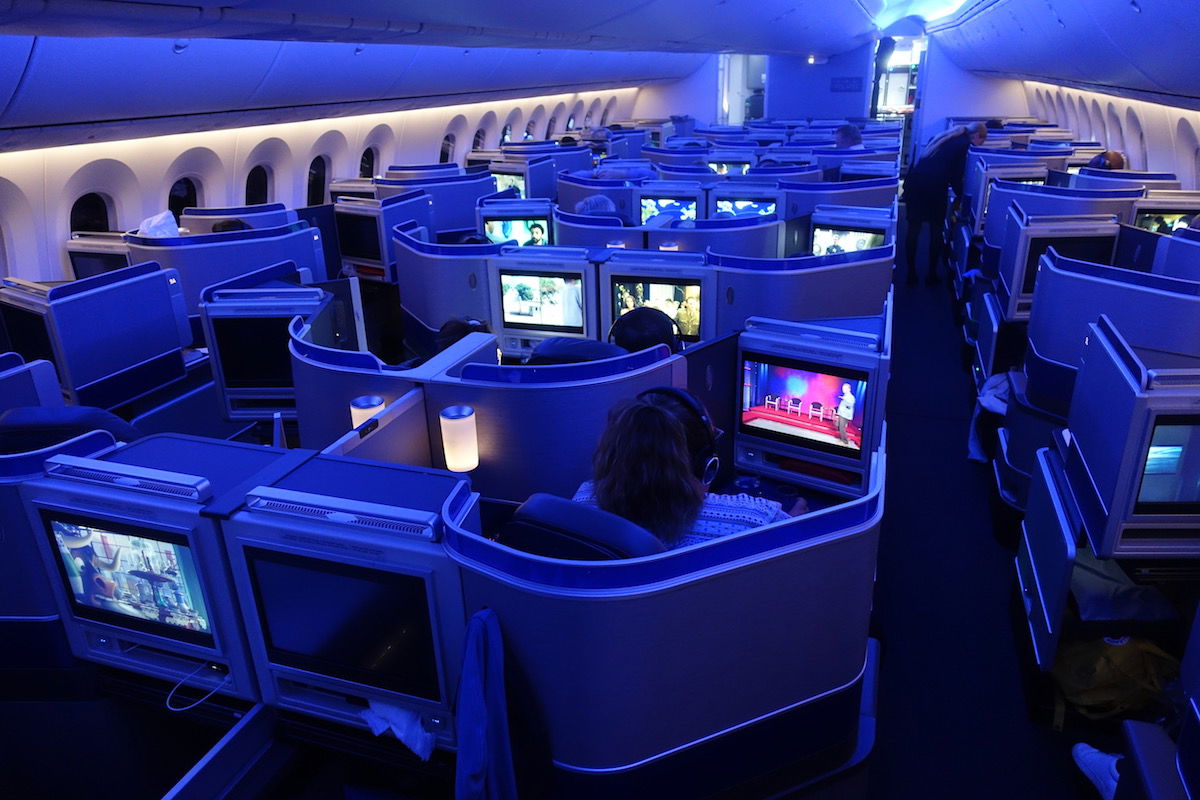 Expect fewer point-to-point long haul routes
Expect fewer point-to-point long haul routes
Sure, the argument can be made that even leisure travelers may prefer a nonstop flight over connecting, but how much of a premium are they really willing to pay for that? It would have to be significant for the economics to make sense without a lot of business travelers.
Now, there is some good news when it comes to nonstop long haul flights. The A321XLR will enter service in a few years, and this narrow body plane will be able to operate flights that are quite long. Even in a period with reduced demand, this should change the economics of service in many markets.
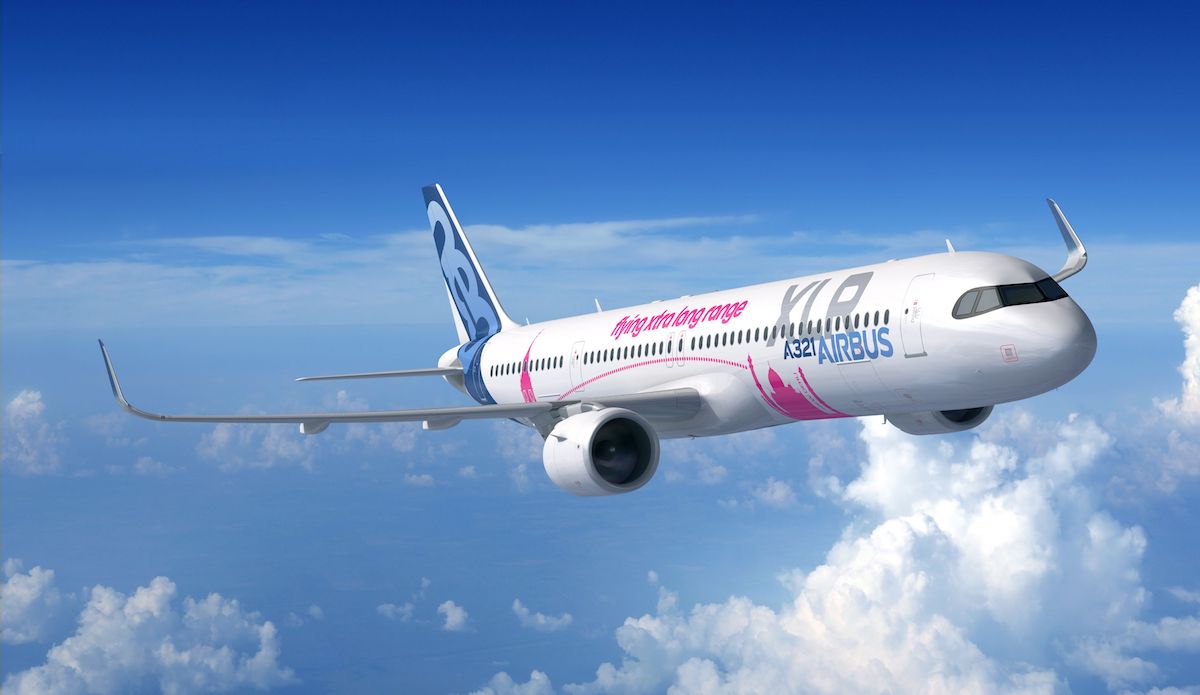 The A321XLR will be a game changer for some airlines
The A321XLR will be a game changer for some airlines
Bottom line
Nobody knows what the future holds, but if you ask me, in the coming years we’ll see both more and less of an emphasis on nonstop flights. We’ll see a lot more short haul point-to-point nonstop flights, while we’ll see fewer long haul point-to-point nonstop flights.
That’s because the former concept can be economically viable with leisure traffic, while the latter concept generally can’t be. This also explains why there are so many successful short haul low cost carriers, while there are very few successful long haul low cost carriers.
How do you think coronavirus will impact the emphasis on hubs and nonstop flights?





I need to travel from Copenhagen to Birmingham Uk in February and a flight which normally takes less than 2 hours has become impossible to find. I don't want long haul flights with transfers, I am attending my brother's funeral. And I need to return after 7 to 10 days.
I think your analysis is over-simplistic. For North American passengers using a US hub you are probably right, but the situation is likely to be very different in Asia, Europe and the Middle East where the priority for passengers will be to avoid landing in a third country (between depature and arrival) which may trigger additional quarantine requirements.
It's also going to shift the balance between charter and scheduled flights - a point to...
I think your analysis is over-simplistic. For North American passengers using a US hub you are probably right, but the situation is likely to be very different in Asia, Europe and the Middle East where the priority for passengers will be to avoid landing in a third country (between depature and arrival) which may trigger additional quarantine requirements.
It's also going to shift the balance between charter and scheduled flights - a point to point charter from a low-density regional airport is going to look much more attractive than a scheduled flight from a major hub.
@phil, I think KCB meant fastest. I agree with you that there is no guarantee that the A380s will be back, and under the new normal all bets will be off. I know that QF 9 (PER-LHR) was popular, but SIN is a popular stopover and IIRC QF flew an A380 from Melbourne that connected there with the SYD-LHR flight. Doesn't mean that it'll be back of course, it all depends on demand. They may...
@phil, I think KCB meant fastest. I agree with you that there is no guarantee that the A380s will be back, and under the new normal all bets will be off. I know that QF 9 (PER-LHR) was popular, but SIN is a popular stopover and IIRC QF flew an A380 from Melbourne that connected there with the SYD-LHR flight. Doesn't mean that it'll be back of course, it all depends on demand. They may switch the Sydney flights to go via Perth, they may retain Singapore and use smaller aircraft, they may also collaborate more with BA from Singapore (and with CX via HKG). There will be much shaking up of international strategies by airlines, and among the things to be shaken will be 'conventional wisdom'.
@KCB there is no guarantee the a380 will ever fly again.
And whats "the fattest way" supposed to mean. And like I said the Perth-London route has had a huge takeup and is a very popular flight.
Hubs are the way to go. In the very short run where demand mismatch exists for FL I understand the increased capacity. UAs expansion is all heavily contested routes including with ULCCs. For example, adding a CLE-TPA flight just 1-2 from Frontier and 1 from Spirit and Southwest. There isn't nearly yhat level of demand. For the most part those that are willing to fly arent concerned about minimizing there time that much that all...
Hubs are the way to go. In the very short run where demand mismatch exists for FL I understand the increased capacity. UAs expansion is all heavily contested routes including with ULCCs. For example, adding a CLE-TPA flight just 1-2 from Frontier and 1 from Spirit and Southwest. There isn't nearly yhat level of demand. For the most part those that are willing to fly arent concerned about minimizing there time that much that all the sudden new point to point routes will spring up everywhere. UA is just especially desperate as their relatively smaller domestic network and their once giant international network failed to generate non-cargo revenues.
hey phil,
not sure that I agree with you about the Qantas situation. the 380 will be back and it will go to lhr and lax again. with Dubai gone Singapore will still be the stop to London. the Perth flight is "the fattest way to Australia", but it's still Perth. have you been to Perth?
I was on a 4 hour flight from Charlotte to Las Vegas a couple of days ago. I think the entire feel of flying will change too. There was virtually no eye contact with any of the flight attendants. They hardly spoke and when they did, it was mumbled through a mask. No conversation with your seat mates, staring at a movie that you have on your tablet until the wheels touched down.
I...
I was on a 4 hour flight from Charlotte to Las Vegas a couple of days ago. I think the entire feel of flying will change too. There was virtually no eye contact with any of the flight attendants. They hardly spoke and when they did, it was mumbled through a mask. No conversation with your seat mates, staring at a movie that you have on your tablet until the wheels touched down.
I used to love to fly and have been known to take an overnight trip just for the plane ride. It's not fun anymore..........I don't know if it ever will be again.
@Ben Can you do an article about quarantine requirements for people coming into the country, including US citizens/residents as well as those who are not? I'm a bit confused. I see India is on track to surpass Brazil in terms of COVID cases yet they don't seem to have quarantine requirements/travel bans, so it seems like people can fly into NY from India and just do whatever (I'm guessing its because immigration is the domain...
@Ben Can you do an article about quarantine requirements for people coming into the country, including US citizens/residents as well as those who are not? I'm a bit confused. I see India is on track to surpass Brazil in terms of COVID cases yet they don't seem to have quarantine requirements/travel bans, so it seems like people can fly into NY from India and just do whatever (I'm guessing its because immigration is the domain of the federal government), but someone from Delaware with far far fewer cases has to quarantine for two weeks upon arriving in NY from Delaware. Is this really the case?
Nonstop flights can still work for leisure travel for one more reason: People can actually choose destination depending on flight availability. Ryanair used this for a decade, essentially creating new weekend destinations in Europe by flying to random irrelevant (and cheap) airports. There was a cheap flight, so people flew there.
No direct flight to Mallorca? Ok, I'll go to Crete instead. No big deal.
Essential travel, or any kind of travel where person needs...
Nonstop flights can still work for leisure travel for one more reason: People can actually choose destination depending on flight availability. Ryanair used this for a decade, essentially creating new weekend destinations in Europe by flying to random irrelevant (and cheap) airports. There was a cheap flight, so people flew there.
No direct flight to Mallorca? Ok, I'll go to Crete instead. No big deal.
Essential travel, or any kind of travel where person needs to get between fixed set of points at fixed time will have to go back to hub-and-spoke model, except on major routes. The demand just isn't there to allow frequent direct flights on as many routes as during the last couple of years.
In the age of COVID, I prefer shorter connecting flights over direct long hauls. I'm reluctant to remove my mask in flight, even to briefly eat or drink. The connections are a chance to tend to my nutritional needs.
Completely depends on the American economy. If the unemployment rate and we slip into a deep recession, people will NOT be willing to pay the premium health be damned.
Don't be blinded by the fact that consumers are fickle and while they care about health now, they will quickly stop caring once list gets back to a somewhat normal state.
Southwest is using hubs more than ever during the pandemic, funneling people through BWI, Chicago, Dallas, and Denver. They have eliminated a bunch of short haul point to point flights in favor of connectivity through their hubs.
Qantas has anticipated that their passengers will prefer the convenient ultra long haul flight rather than connecting in a large hub like Singapore (where people from many countries transit through) and risk catching the virus in transit.
Once international travel recovers Qantas will be rerouting their Sydney-London flight through Perth on the 787 instead of the a380 through singapore.
Qantas will still fly to Singapore but on the a330s and it will be...
Qantas has anticipated that their passengers will prefer the convenient ultra long haul flight rather than connecting in a large hub like Singapore (where people from many countries transit through) and risk catching the virus in transit.
Once international travel recovers Qantas will be rerouting their Sydney-London flight through Perth on the 787 instead of the a380 through singapore.
Qantas will still fly to Singapore but on the a330s and it will be a end destination rather than a stopover to London. I have a feeling it will remain that way permanently for a few reasons. It seems unlikely that their a380s will ever return, the popularity of Perth to London flights before the pandemic and Qantas’s codeshare with BA at Singapore for anyone transiting to London.
I guess those who really like the a380 and the Singapore airport transit will be pissed off though.
Every flight Ive booked in the last 4 months has been changed or completely canceled from non-stop to layovers. Its friggin annoying. Latest was a NS from BNA to CMH from 10am to 8 pm. I meanWTF? I cant day drink in Nashville for 7 hours and expect to get on a flight
It all depends on where you live. Larger markets such as Chicago, New York, Boston, DC, etc will be able to support the kind of nonstop flights that United, JetBlue, etc are throwing at them. Smaller markets such as my hometown of Louisville, KY will require hubs as even with the demand there is for nonstops there still isnt the demand for a lot of nonstops. There's a reason that AA is throwing everything it...
It all depends on where you live. Larger markets such as Chicago, New York, Boston, DC, etc will be able to support the kind of nonstop flights that United, JetBlue, etc are throwing at them. Smaller markets such as my hometown of Louisville, KY will require hubs as even with the demand there is for nonstops there still isnt the demand for a lot of nonstops. There's a reason that AA is throwing everything it can at hubs in Charlotte and Dallas right now - they're the most efficient means of serving a large number of smaller markets where in the aggregate it makes flights possible.
The system SouthWest has used for years, more of a hybrid, and pretty much exactly what everyone is leaning into now, is the right one. Mega hubs, other than for International gateways, will be a thing of the past. More focus cities, non-stops, and multiple mini hubs are going to rule the day.
In that sense long haul point to point does work as Southwest has shown. Trans-con flights from their numerous focus cities and mini hubs abound - and do very well.